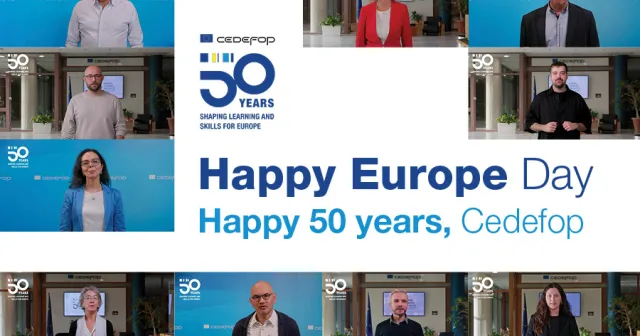The 21st century society reflects the liberalization of movement between countries, highlighting the diversity present in most regions and communities worldwide. We live in a multicultural society, composed of individuals from different religions, beliefs, socioeconomic levels, and political systems.
In the realm of formal education, schools mirror this multicultural reality, characteristic of our times (GONÇALVES; SILVA, 1998). Living with diversity and including each individual, respecting them as unique beings, is a challenge that 21st century teachers must embrace. Therefore, it is pertinent to reflect on the role of teachers in a society that aims to be not only multicultural but also INTERCULTURAL. In this context, it is essential for teachers to recognize that students possess diverse ways of learning and experience different family, economic, and cultural realities (CORTESÃO, 2009). Consequently, it is imperative for educators to act in a way that ensures conditions promoting the educational success of each student while also guaranteeing their full integration (ESTANQUEIRO, 2012).
On the other hand, in the realm of non-formal education, learning dynamics occur in less structured spaces and contexts, offering opportunities for direct interaction with social, cultural, and economic diversities. This educational approach, widely promoted by the European project INCLUDEME, funded by the European Union, plays a complementary role to formal education by fostering more flexible pedagogical practices adapted to the needs and specificities of migrants, particularly those whose education was interrupted or who have limited academic backgrounds.
The main objective of the INCLUDEME project is to build life skills, encouraging autonomy and respect for diversity. It is an initiative where multiculturalism is practically experienced through activities such as workshops, training sessions, volunteer work, and other initiatives that promote intercultural coexistence. In this way, the project serves as a catalyst for social integration and the appreciation of different cultural identities, enhancing participants' ability to interact in a pluralistic society.
Trainers involved in non-formal education need to adopt approaches adapted to the realities and life stories of individuals, aiming to harness these experiences as educational elements that promote inclusion. Thus, it is evident that formal and non-formal education can complement each other, contributing to the formation of more conscious, supportive citizens, better prepared to face the challenges of an intercultural society.





